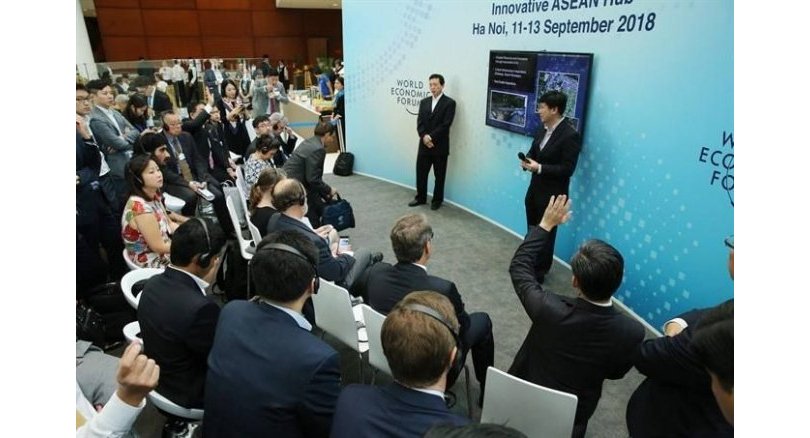Hanoi – New technology could mean 28 million jobs being lost in the Asean region.
Innovations in artificial intelligence (AI), coupled with its increased adoption, will have a big impact on the workforce over the next decade, according to a study by Cisco and Oxford Economics.
The “Technology and the Future of Asean Jobs” study claims innovations in digital technology will present big opportunities for Asean economies to boost their productivity and prosperity.
A more widespread adoption of existing technologies, coupled with advances in the use of AI through software, hardware and robotics, will cut costs of goods and services, driving demand and creating millions of new jobs.
However, there will be a marked shift in the region’s labour market as lower-skilled jobs are displaced.
“Many skills that we have now will be redundant. The lowest skilled workers will be the most at risk, and the sectors that are most vulnerable are in services and agriculture,” said Naveen Menon, president for Southeast Asia at Cisco.
He added that to achieve the same level of output, Asean’s six largest economies will need 28 million fewer workers.
Singapore could see the biggest relative impact, with up to 21 per cent of its workforce displaced. Vietnam and Thailand are next in line, with 14 per cent and 12 per cent of jobs displaced, respectively.
It estimated that Indonesia will see about 9.5 million jobs impacted and Malaysia 1.2 million.
The study predicts that over a 10-year period, the competing effects of job displacement and creation will offset each other. However, many of these new jobs are likely to be created in areas different from those where they are being displaced.
As many as 6.6 million workers across the bloc’s six largest economies will have to adapt their skills and forge a new career path to remain productively employed.





